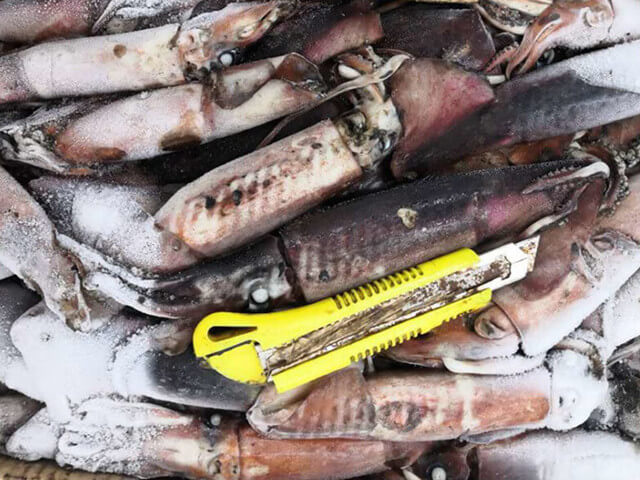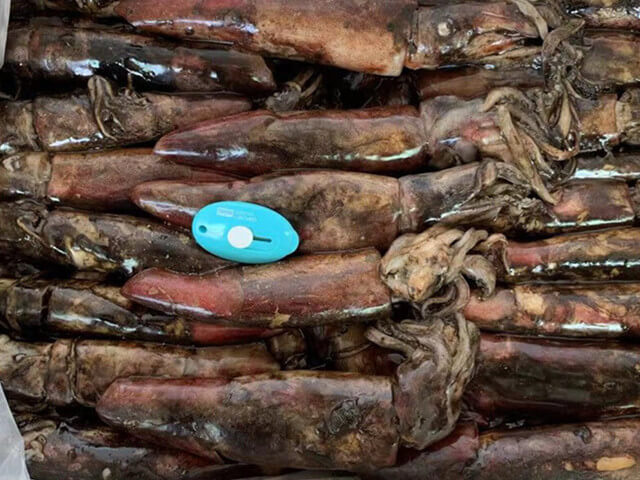Indian Ocean Squid catches decline.
The Indian Ocean, as one of the fisheries developed late in the squid fishery, has specific development potential. The fisheries are mainly the northwestern and eastern Indian Ocean fishing grounds. The study believes the northwestern waters are substantial squid fishing grounds, while the eastern seas are potential squid fishing grounds.
The changing and good or bad of fishing grounds are significant concerns to all the fishery producers. Since the Indian Ocean squid experienced poor fishing grounds in the autumn and winter of 2020, this situation has also occurred in the past two months. It is a question worth considering whether it is the resources or the changes in the fishing grounds that cause this phenomenon. At the same time, this is also a hot spot that fishermen are more concerned about.
Two factors affect the Indian Ocean Squid catch.
- Fisheries situation
Generally speaking, the Indian Ocean is a good fishing ground for squid. The slight wind is very suitable for the operation mode of four poles and two poles. The wind is strong only in summer throughout the year, so it suits production conditions and resources. However, the mixing of seawater is sometimes slow due to the less fluidity of the ocean in the northwestern Indian Ocean. The ocean currents are also the same in the last two months, resulting in poor yield per unit.
- Ocean water temperature
The water temperature dropped early and started to rise on the 26th. However, the fishing grounds did not improve significantly. Although it was a moon night, the output was only a few tons. Therefore, the water temperature was one of the influencing factors, but it was not the most important.
Ocean currents are an important factor affecting fish colonies. When ocean currents are weak, yields drop. The currents have been relatively weak until January, similar to what happened in January 2020. Since the 28th, the ocean current has become more robust, and the green ocean current has increased. Will the output improve? From the perspective of offshore production practice, hand fishing can catch 1-2 tons per day in waters of more than 100 meters, indicating that there are still some fish, but the purse seines cannot see them, and the fish do not float. So, will the fishing grounds get better as the ocean currents get stronger?
We look forward to it.
Therefore, the quality of the fishery is not only related to the resources but also closely related to the environmental changes of the fishery.
If you want to know more details about Indian Squid, contact us. Thank you!



